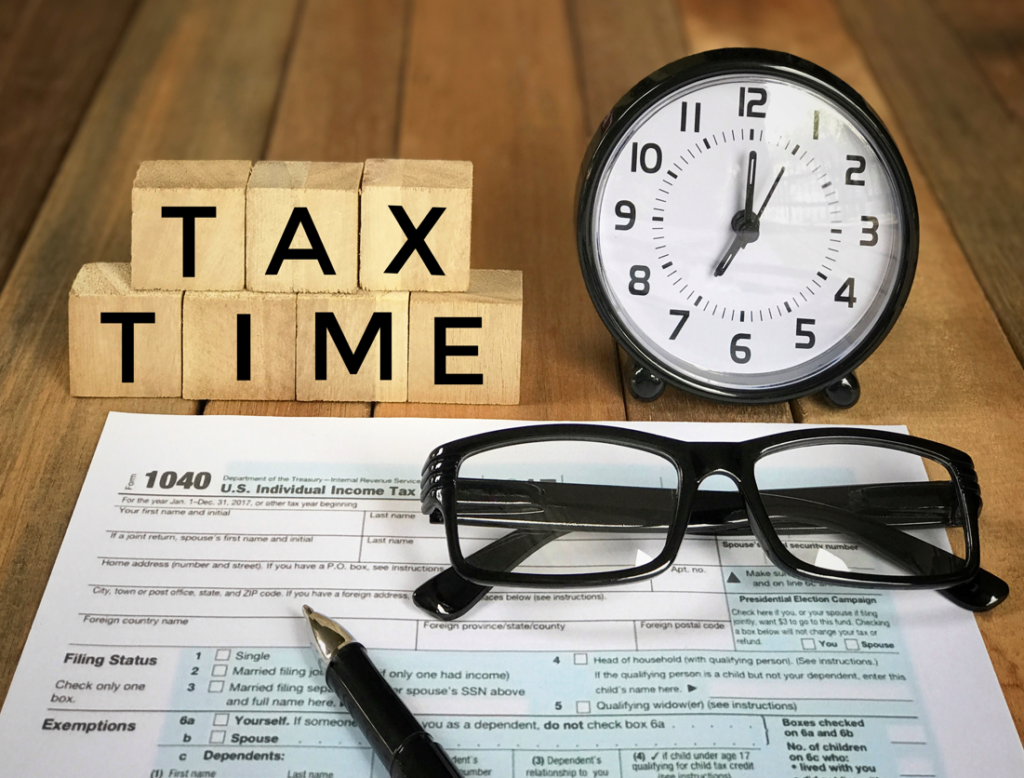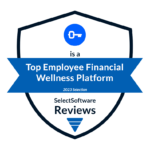Get help with your taxes from Brightside
Let’s face it – there is nothing fun about tax season. In fact, it can be downright unnerving if you think you might owe money. And each year can bring changes that can affect your taxes. But there are things you can do to minimize stress – one easy way is to contact your Brightside financial assistant, they can help you navigate some of the trickier parts of tax season.
In the meantime, here are a few tax facts that may help you formulate questions to talk to your financial assistant about:
Do I need to file a tax return?
If you are a U.S. citizen or resident alien, whether you must file a federal income tax return depends on a few things, including:
- Gross income – your total earnings before taxes or other deductions
- Filing status – single, head of household, married filing jointly, married filing separately, qualifying widower
- Age at the end of 2021
- Whether you are a dependent (claimed on another person’s taxes)
- Visit the IRS website for more information
What is the deadline to file my tax return?
For most people, the tax filing deadline for the 2021 tax year is April 18, 2022. Possible exceptions:
- Residents of Maine and Massachusetts have until April 19, 2022, due to local holidays.
- Individuals residing in certain FEMA declared disaster areas have until May 16, 2022.
- Severe storms and tornadoes in Arkansas, Illinois, Kentucky, and Tennessee that began December 10, 2021
- Wildfires and windstorms in Colorado that began on December 30, 2021
- For more details visit the IRS News from Around the Nation and select the state you’re interested in.
Now that you know if you have to file and when, there are a few nice perks to the 2021 tax year that you should know about. What follows is general information but be aware that there may be specific circumstances related to you.
Additions and changes impacting the 2021 tax year
- Economic Impact Payment #3
- If you qualified for the $1,400 stimulus per person for ALL dependents in 2021, but didn’t receive part or all of the amount you qualified for, you can receive it as a credit when filing.
- Child Tax Credit – with advance payments
- Was expanded and is fully refundable. $3,000 per qualifying child 6-17 and $3,600 per qualifying child 5 and under. Half of that amount was available through monthly advance payments from July through December 2021.
- Earned Income Tax Credit (EITC)
- Was expanded to increase amounts available to single filers with no kids and to those who are married filing separately
- Has a look back provision – if your 2019 income was higher than 2021, you can elect to use that income for the EITC if it would qualify you for a higher amount.
- Child and Dependent Care Credit
- Was expanded and is fully refundable. The maximum credit in 2021 is $4,000 for one qualifying person and $8,000 for two or more qualifying people.
- Unemployment income is taxable
- Last year congress authorized a waiver to make unemployment benefits exempt from tax (up to certain limits). For unemployment benefits received in 2021, there is no waiver, so unemployment benefits are taxable in most situations.
- Charitable deduction for those using standard deduction
- Was expanded to those who take the standard deduction – up to $600 for married taxpayers filing joint returns and up to $300 for all other filers for cash contributions made in 2021.
What comes next is mostly about you and your unique circumstances, like if you owe taxes or if you’ll be receiving a refund. First though, you’ll need to start preparing to file your taxes. This is where Brightside can help you.
What can my Brightside financial assistant help me with?
- Understanding the tax filing requirements and process
- Gathering and organizing your tax-related information
- Considering options for how to file, like IRS Free File software or IRS-certified volunteers, or hiring a professional
- Identifying some of the important credits to be aware of to maximize your refund
- Exploring payment options (if you have to pay additional taxes)
- Planning for how to get the most out of your return (if you are owed a refund)
While we like to keep things positive when it comes to talking about your finances, one thing you need to know is that there are significant penalties for failing to file or pay taxes that you owe.
Penalties for failing to file are larger and add up quickly. For example:
- Failure to file penalty: 5% of unpaid tax per month up to 25%
- Failure to pay penalty: 0.5% on the remaining unpaid tax each month until the tax is fully paid up to 25%
The way to avoid penalties is to get ahead of filing your taxes, which simply means, there’s no time like the present to get started.
- Take advantage of refundable tax credits by filing – even if you don’t have to.
- Be on the lookout for pandemic related forms from the IRS.
- To avoid delays file early, electronically, and with direct deposit.
- If you expect to owe money, file early to understand your options and to plan how to pay.
- There are many free and low-cost ways to prepare your taxes.
- Consider hiring a professional if your tax situation is complex (if you own a business or rental property, have a major life event etc.).
Finally, don’t be threatened by taxes – they are easier to manage when you understand all that’s involved in filing them. Your Brightside financial assistant can walk you through the process and help you get ready to file.
“I was hesitant to discuss my financial situation, but my financial assistant made it clear that Brightside is a judgement free zone and together, we were going to tackle the hard issues to help me reach my ultimate financial goals for myself and my family!”
-Brightside user





